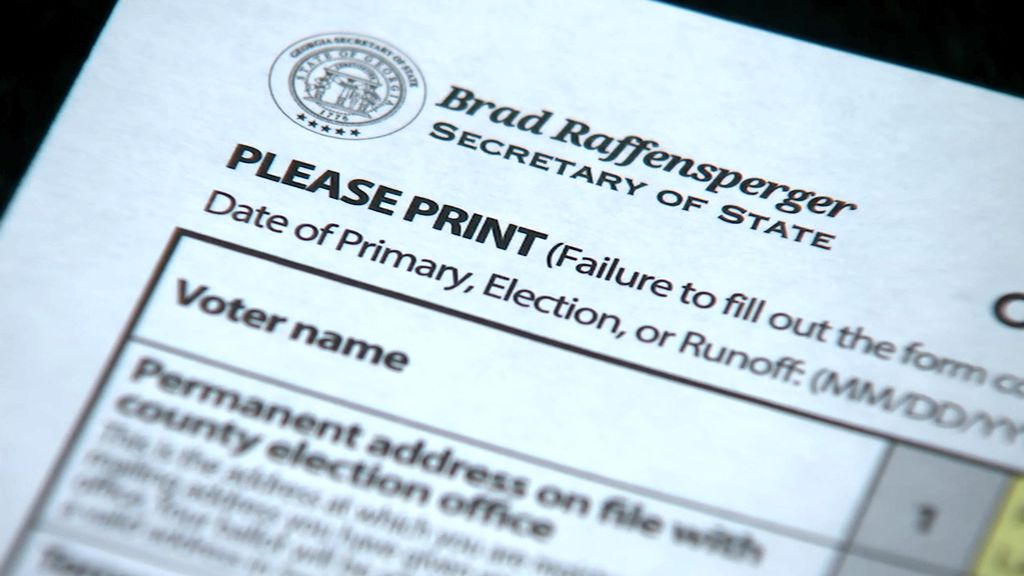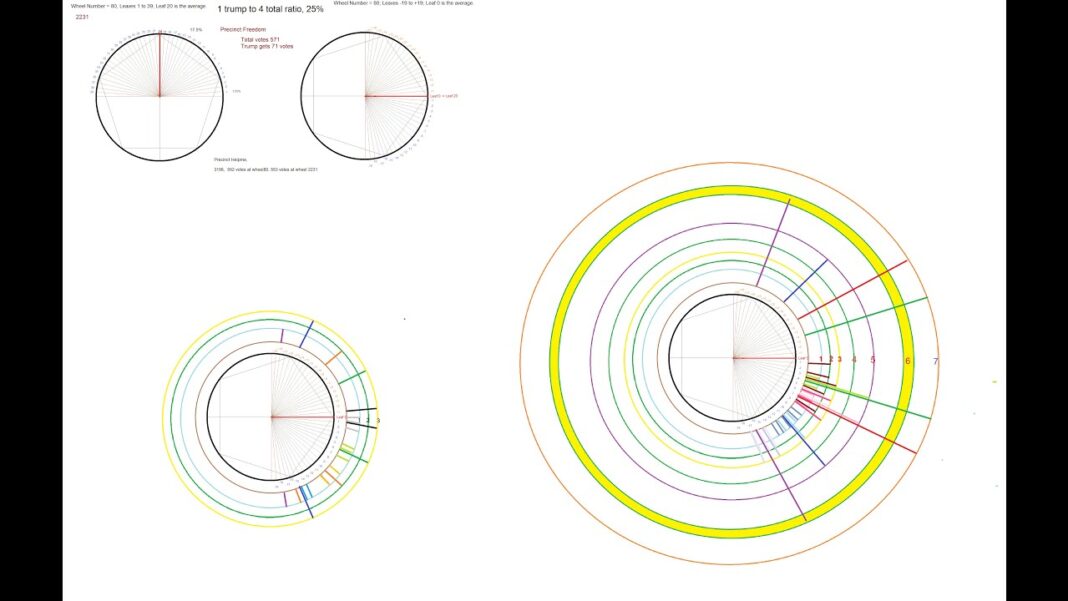U.S. Supreme Court Justice Samuel Alito asked officials in Pennsylvania to file briefs by the morning of December 8, 2020 in response to an emergency injunction petition filed by Republicans seeking to invalidate or rescind the results of the November 3, 2020 presidential election in the Keystone State.
That day is the “safe harbor” deadline that requires controversies surrounding elections to be ended, so states can choose their electors before the December 14, 2020 meeting of the Electoral College. Alito initially called for response arguments by December 9, 2020 before moving the due date earlier by a day.
The new deadline signals that the Supreme Court intends to rule on the request for the injunction before the safe harbor deadline runs out.
Marc Elias, the top attorney leading the Democrats’ post-election legal effort and who last month called the same lawsuit “frivolous,” wrote on Twitter on December 6, 2020 that he is “NOT worried about the date briefs are due” in the Supreme Court.
The Pennsylvania Commonwealth Court on November 25, 2020 ordered state officials to not take any steps to perfect the certification of the election pending a resolution to the Republican lawsuit. The Pennsylvania Supreme Court overrode the injunction three days later, leading the plaintiffs to appeal to the nation’s highest court.
With the Supreme Court petition pending, the Republicans asked the state’s Supreme Court to stay its own decision. The court rejected the request.
U.S. Rep. Mike Kelly’s lawsuit argued that the Pennsylvania General Assembly illegally enacted Act 77, a measure that vastly expanded mail-in voting statewide. The act overrode provisions regarding limits to absentee voting outlined in the Pennsylvania Constitution, a change that requires going through the lengthy process of enacting a constitutional amendment, which includes approvals by two consecutive legislatures followed by a successful statewide referendum.
U.S. Supreme Court Justice Samuel Alito asked officials in Pennsylvania to file briefs by the morning of December 8, 2020 in response to an emergency injunction petition filed by Republicans seeking to invalidate or rescind the results of the November 3, 2020 presidential election in the Keystone State.
That day is the “safe harbor” deadline that requires controversies surrounding elections to be ended, so states can choose their electors before the December 14, 2020 meeting of the Electoral College. Alito initially called for response arguments by Dec. 9, before moving the due date earlier by a day.
The new deadline signals that the Supreme Court intends to rule on the request for the injunction before the safe harbor deadline runs out.
Marc Elias, the top attorney leading the Democrats’ post-election legal effort and who last month called the same lawsuit “frivolous,” wrote on Twitter on December 6, 2020 that he is “NOT worried about the date briefs are due” in the Supreme Court.
The Pennsylvania Commonwealth Court on November 25, 2020 ordered state officials to not take any steps to perfect the certification of the election pending a resolution to the Republican lawsuit. The Pennsylvania Supreme Court overrode the injunction three days later, leading the plaintiffs to appeal to the nation’s highest court.
With the Supreme Court petition pending, the Republicans asked the state’s Supreme Court to stay its own decision. The court rejected the request.
U.S. Rep. Mike Kelly’s lawsuit argued that the Pennsylvania General Assembly illegally enacted Act 77, a measure that vastly expanded mail-in voting statewide. The act overrode provisions regarding limits to absentee voting outlined in the Pennsylvania Constitution, a change that requires going through the lengthy process of enacting a constitutional amendment, which includes approvals by two consecutive legislatures followed by a successful statewide referendum.
“Beginning with the Military Absentee Ballot Act of 1839, the Pennsylvania Supreme Court consistently rejected all attempts to expand absentee voting by statute—uniformly holding that a constitutional amendment is required to expand absentee voting beyond the categories provided in the Pennsylvania Constitution,” the Supreme Court petition states.
“Act 77 is the Commonwealth’s latest attempt to override through legislation the protective limitations on absentee voting contained in the Pennsylvania Constitution, as interpreted by the Pennsylvania Supreme Court over the last 158 years.”
Pennsylvania Commonwealth Judge Patricia McCullough sided with the plaintiffs on November 25, 2020 and blocked the state from certifying the election. State officials had certified the results of the presidential election as McCullough was considering the case, creating the appearance that the state was attempting to preempt the court.
BY JACK PHILLIPS AND IVAN PENTCHOUKOV








